Anthropology
-
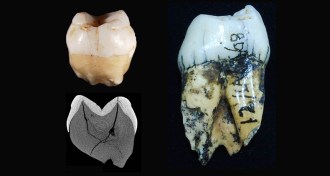 Anthropology
AnthropologyAncient people arrived in Sumatra’s rainforests more than 60,000 years ago
Humans reached Indonesia not long after leaving Africa.
By Bruce Bower -
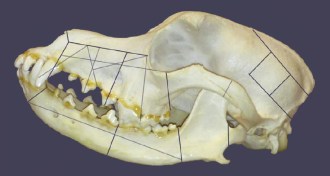 Anthropology
AnthropologySacrificed dog remains feed tales of Bronze Age ‘wolf-men’ warriors
Canine remnants of a possible Bronze Age ceremony inspire debate.
By Bruce Bower -
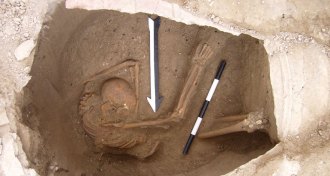 Anthropology
AnthropologyAncient DNA offers clues to the Canaanites’ fate
DNA is painting a more detailed portrait of the ancient Canaanites, who have largely been studied through the secondhand accounts of their contemporaries.
-
 Anthropology
AnthropologyReaders question hominid family tree
Readers sent feedback on hominid origins, fast cameras, slimy sea creatures and more.
-
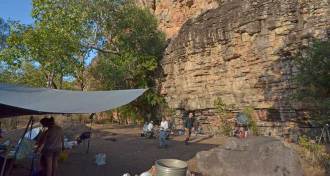 Archaeology
ArchaeologyHumans first settled in Australia as early as 65,000 years ago
Australia may have said “G’day” to humankind thousands of years earlier than previously believed.
-
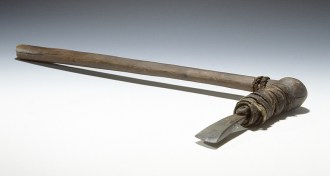 Archaeology
ArchaeologyCopper in Ötzi the Iceman’s ax came from surprisingly far away
Copper for the ancient Iceman’s blade traveled about 500 kilometers to his northern Italian home region.
By Bruce Bower -
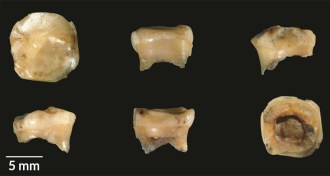 Anthropology
AnthropologyFossil tooth pushes back record of mysterious Neandertal relative
A Denisovan child’s fossil tooth dates to at least 100,000 years ago, researchers say.
By Bruce Bower -
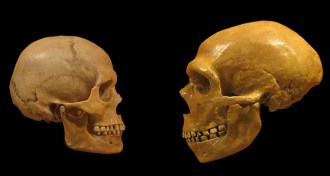 Anthropology
AnthropologyHow humans (maybe) domesticated themselves
Prior to taming other species, humans selected for more docile traits among fellow Homo sapiens, a slew of recent studies suggest.
-
 Anthropology
AnthropologyThe southern drawl gets deconstructed
Analysis of the diversity of vowel sounds found in southern accents could help developers of speech recognition software.
-
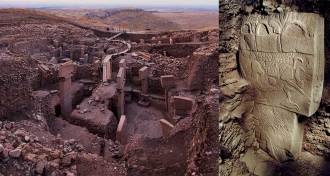 Anthropology
AnthropologyCarved human skulls found at ancient worship center in Turkey
Visitors to an ancient ritual site may have carved human skulls as part of ancestor worship.
By Bruce Bower -
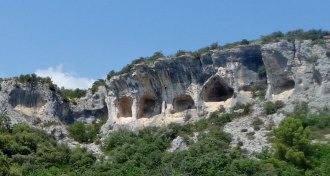 Archaeology
ArchaeologySound-reflecting shelters inspired ancient rock artists
Ancient Europeans sought rock art sites where sounds carried.
By Bruce Bower -
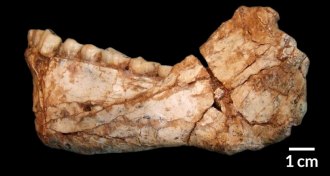 Anthropology
AnthropologyOldest known Homo sapiens fossils come from northern Africa, studies claim
Moroccan fossils proposed as oldest known H. sapiens, from around 300,000 years ago.
By Bruce Bower